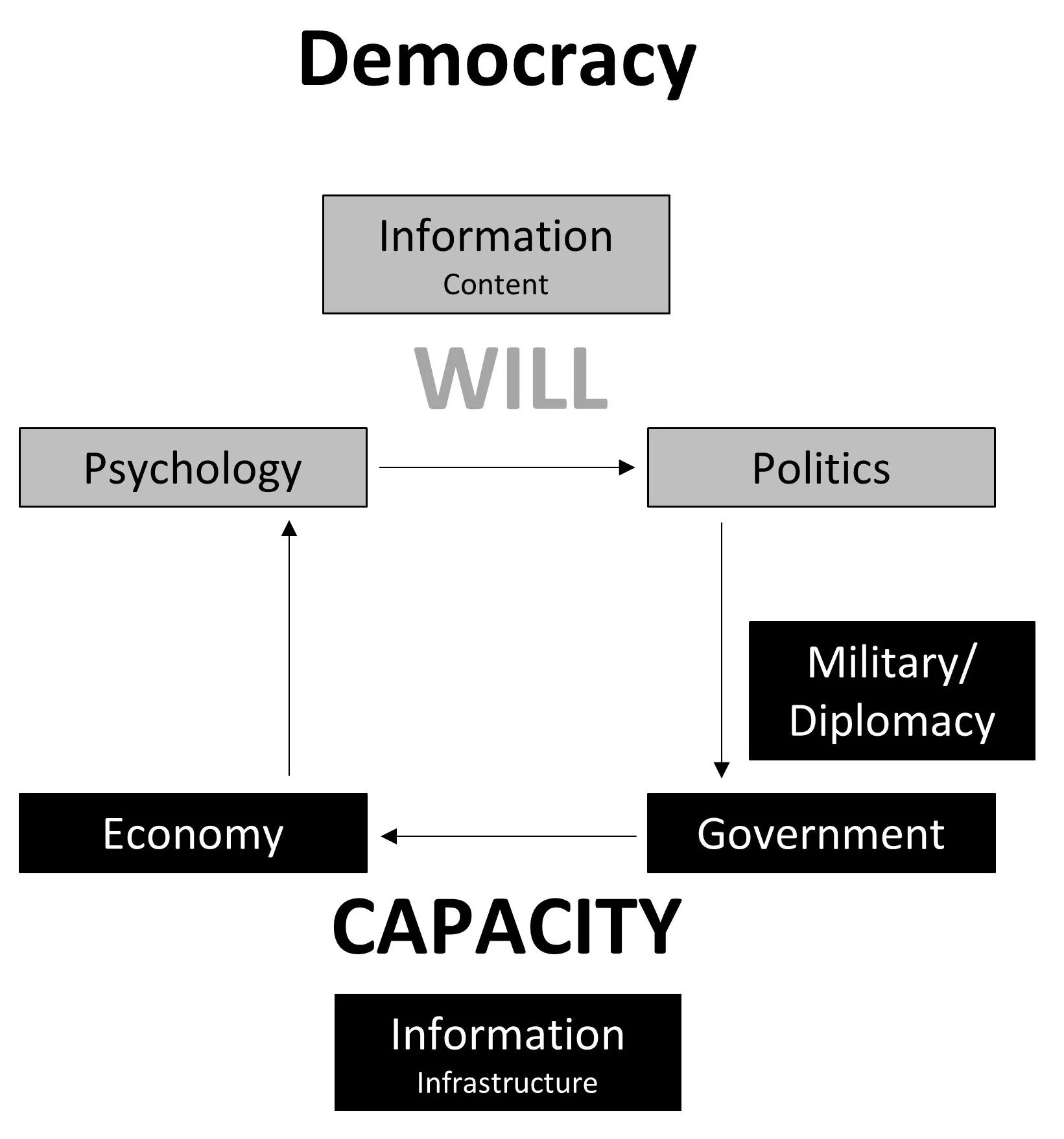NATIONAL POWER POINTS THE WAY TO THE SOLUTION FOR POLARIZATION AND DEADLOCK. YET U.S. NATIONAL POWER IS DECLINING IN 2025.
HERE’S WHY.
National Power in a democracy—the leadership from stability and prosperity—is more formally the capacity and will to realize the national interest. This diagram shows how its elements relate to each other.
This is not a proposal or a theory; it describes reality. When any element (or link between elements) weakens, the entire system weakens.
The national interest is debated and negotiated continually. But Principled Power asserts that in the US, our national interest is defined by the Preamble to the Constitution. Maintaining and ensuring union, justice, tranquility, defense, welfare, and liberty are the purposes of the US government. Practically by definition, the nation’s interest is to accomplish its purpose for being.
And aside from answering a 250-year-old mandate, these purposes endure because they are what most adults want: a voice in public affairs, and the peace and protections to live as they decide.
Since the 1990’s, this system’s main weakness has been political and governmental deadlock driven by increasing polarization. In between world-shaking emergencies like the financial crisis or Covid, obstructionism has been blocking new legislation from addressing our main issues. As a result, problems like immigration and trade policy have festered, leaving the economy and government agencies to lurch ahead zombie-like according to old rules. As these problems grow worse, the parties are ever more frantically at each other’s throats.
Adding insult to injury, in 2025 the Trump administration is wildly overcorrecting this sclerosis through abrupt and sweeping but largely uncoordinated executive actions in immigration, government staffing and industrial policy. While these actions cheer ardent Trumpists with power and dominance over Democrats, they’ve roiled world markets and stifled many basic functions of government, with great uncertainty about more.
So, while pre-Trump deadlock stifled the growth of national power and kept it on a trajectory unsatisfying to a majority of voters (e.g., an unequal economy with stagnant real wages, and unproductive congresses forcing annual budget stalemates), Trump’s actions in 2025 have directly and rapidly shrunk national power in several areas.
As a result, stock values have become highly volatile, world markets are selling US Treasury bonds, allied governments are professing distrust in US leadership, and government workers spend much of their time searching for new job options outside government. These examples measurably reduce economic, diplomatic, and governmental power, respectively. And this is to say nothing of the division and discord reducing the political element of national power, which is defined by the population’s average level of trust in the legitimacy and effectiveness of government leadership.
Principled Power advocates for politics and policies directed at growing our national power through efficient government that assures citizens economic access. We have a long way to go.
Read about The Solution and more about National Power.


